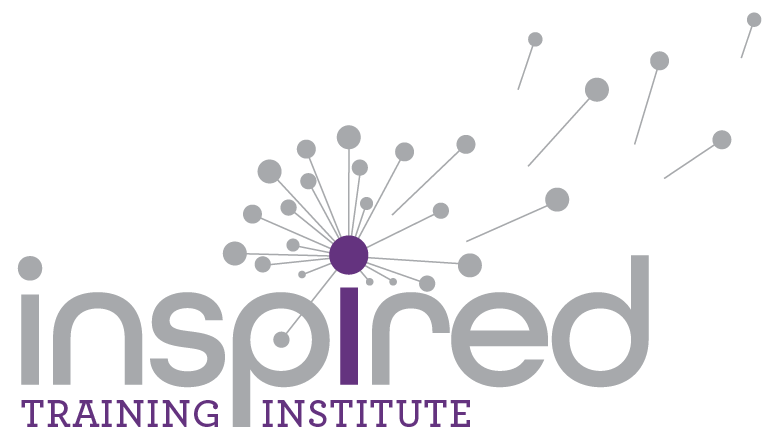Phasing Up: Transitioning from a Contributor to Leader
As a top performer in his company, Alex was promoted to a managerial position. While he was excited about the opportunity, he had some reservations. Leading a team was a different ball game. He couldn’t rely solely on his own skills anymore; he had to inspire and guide others towards success. Alex knew this transition wouldn’t be easy and would require the same resilience, discipline, and passion that propelled him to success as an individual contributor.
Transitioning from an individual contributor to a leader marks a critical moment in an individual’s professional journey. This transition requires a significant shift in mindset, skills, and approach. While excelling as an individual contributor demonstrates proficiency in a particular skill set, assuming a leadership position demands a broader understanding of organizational dynamics and interpersonal relationships.
As a leader, your role is no longer about mastering technical competencies but also about cultivating emotional intelligence, managing individuals, and inspiring and motivating others.
Common Challenges when Transitioning from an Individual Contributor to a Leader
Transitioning from an individual contributor to a leadership role presents several common challenges. While leaders can and will experience different types of challenges depending on their experience and competencies, there are a few common challenges we tend to see all new leaders face.
Firstly, adjusting to the shift in focus from personal tasks to overseeing and guiding a team can be daunting. Suddenly, the emphasis moves from completing tasks independently to orchestrating the efforts of a team towards common goals. This shift requires leaders to take on a broader perspective, understanding the strengths and weaknesses of each team member and effectively leveraging their talents.
Central to this challenge is the necessity for leaders to learn the art of delegation and to trust their team members to execute tasks competently (i.e., not micromanage). Delegation involves not only assigning tasks but also providing clear instructions, setting expectations, and offering support and guidance. Learning to trust team members to deliver results requires a shift in mindset from self-reliance to collaboration. Leaders must overcome the temptation to micromanage and instead empower their team members to take ownership of their responsibilities. Building trust involves providing opportunities for team members to showcase their abilities, offering constructive feedback, and recognizing and rewarding contributions.
Secondly, navigating the complexities of interpersonal dynamics and managing conflicts within a team requires a different skill set than excelling as an individual contributor. Leaders must balance the needs, motivations, and aspirations of multiple team members, often with competing priorities and perspectives. Additionally, managing conflicts effectively requires not only keen observation and empathy but also the ability to resolve disputes, facilitate constructive dialogue, and reach mutually beneficial resolutions. Transitioning individuals may find themselves challenged to adapt from being solely responsible for their own work to being accountable for the dynamics and outcomes of their entire team.
Finally, new leaders may find the increased responsibility for decision-making and accountability to be overwhelming, especially when faced with high-stakes choices that impact the team or organization. Leaders now have to grapple with the realization that their decisions can influence not only the immediate outcomes but also the long-term direction and viability of the team or organization. This added pressure can lead to heightened stress levels, fear of failure, and a sense of constantly being assessed. New leaders may experience decision paralysis, struggling to weigh the risks and benefits of various options and fearing making the wrong choice when they realize they must take ownership of their decisions, regardless of the outcomes, and bear the consequences, whether positive or negative.
Developing a Growth Mindset
Developing a growth mindset during this transition can help new leaders navigate some of these challenges. This leadership mindset involves a combination of self-awareness, adaptability, and a commitment to ongoing development including the need to:
Cultivate self-awareness by understanding strengths, weaknesses, values, and leadership style. This reflection enables leaders to leverage their strengths effectively while working on areas that require improvement.
Embrace adaptability, recognizing that the transition to a leadership role often involves stepping out of one's comfort zone. This means being open to new ideas, perspectives, and ways of working, as well as being willing to adjust one's approach based on evolving circumstances.
Shift from a focus on individual achievement to a focus on empowering and supporting others. This involves developing skills in coaching, mentoring, and providing constructive feedback to help team members reach their full potential.
Seek out opportunities for growth, whether through coaching, formal training programs, mentorship relationships, or self-directed learning initiatives
Phasing Up Quicker and More Effectively
Organizations worldwide spent roughly $365 billion on leadership development efforts however, a survey of 329 organizations found that 75% of those organizations rated their leadership development programs as not very effective. There are ways to invest in emerging leaders that accelerate the process and provide a proven return on investment, though. With our proven track record developing leaders, Inspired Training Institute's leadership coaching represents a pivotal step towards unlocking leadership potential and fostering the skills and mindset necessary for success in new leadership roles. With one-on-one coaching support, our leadership coaches will provide personalized learning, developmental coaching, and support tailored to the unique needs of the new leader and the organization. We help new leaders embrace the challenges of leadership roles, guiding them to successfully transition from individual contributors to leaders and thriving in their new roles.


